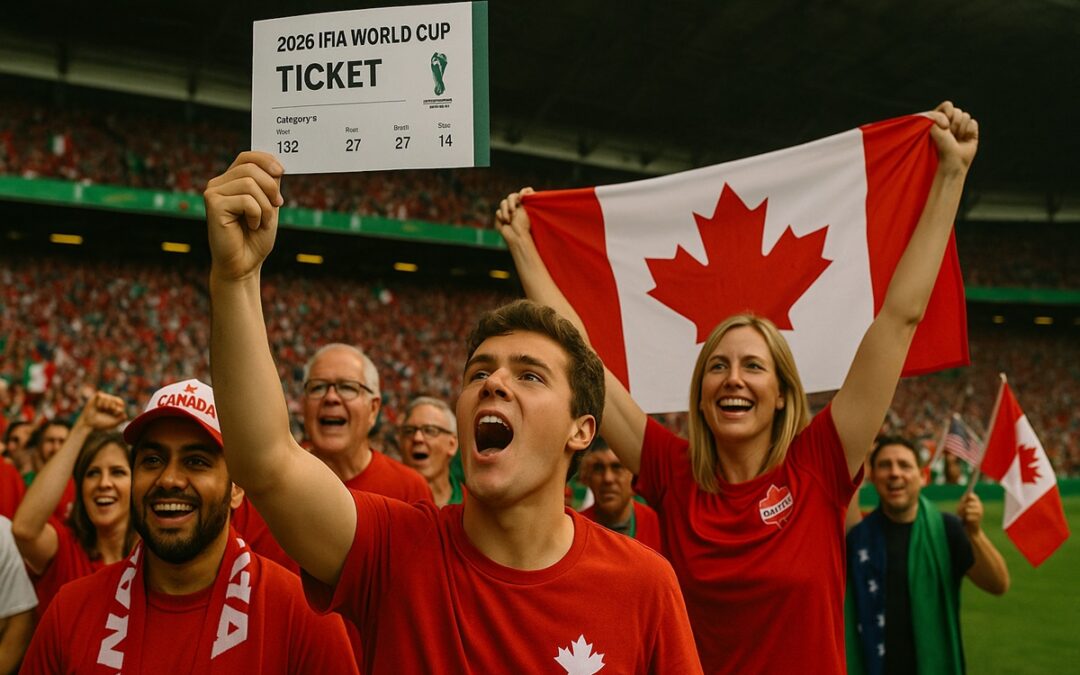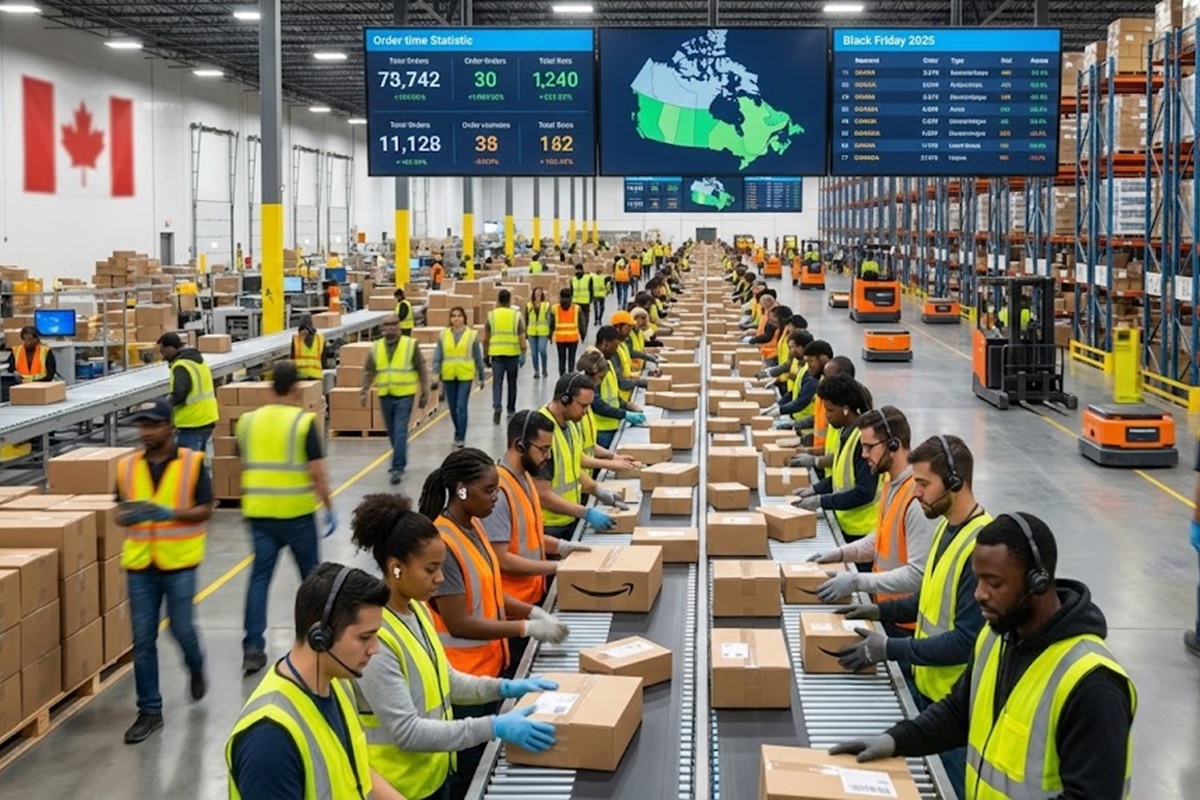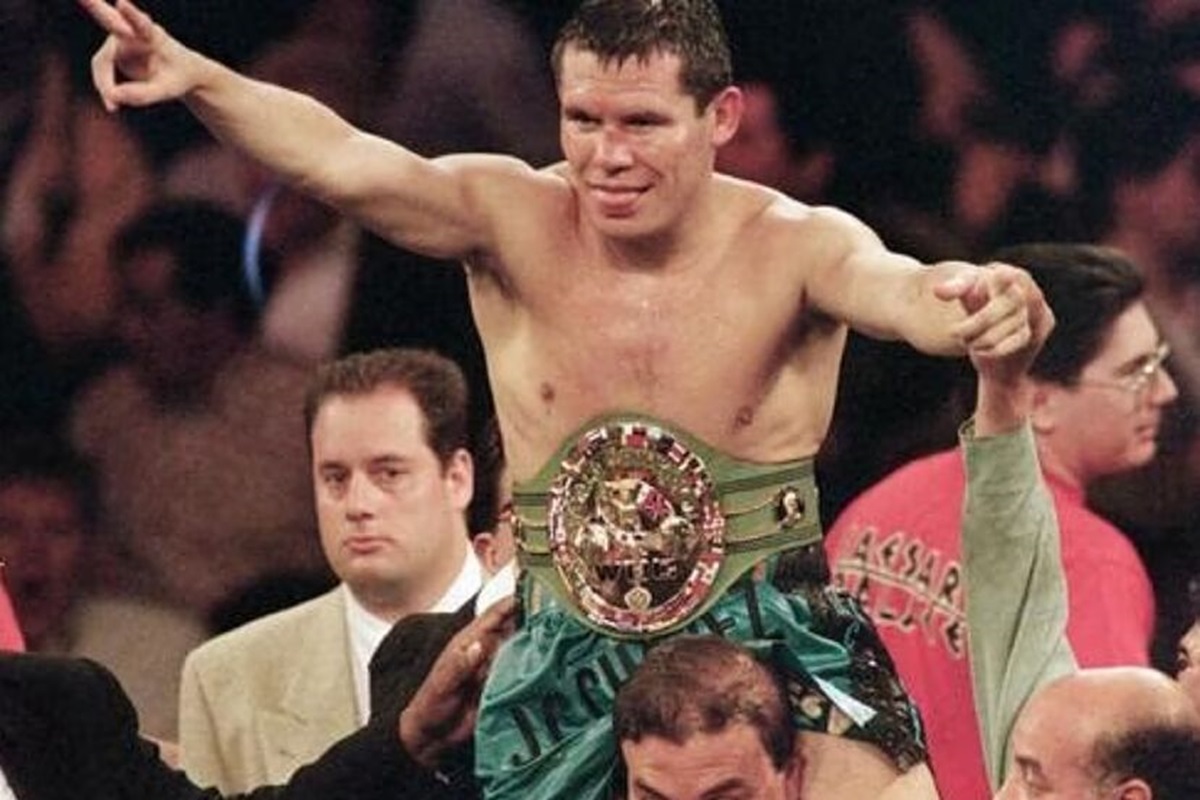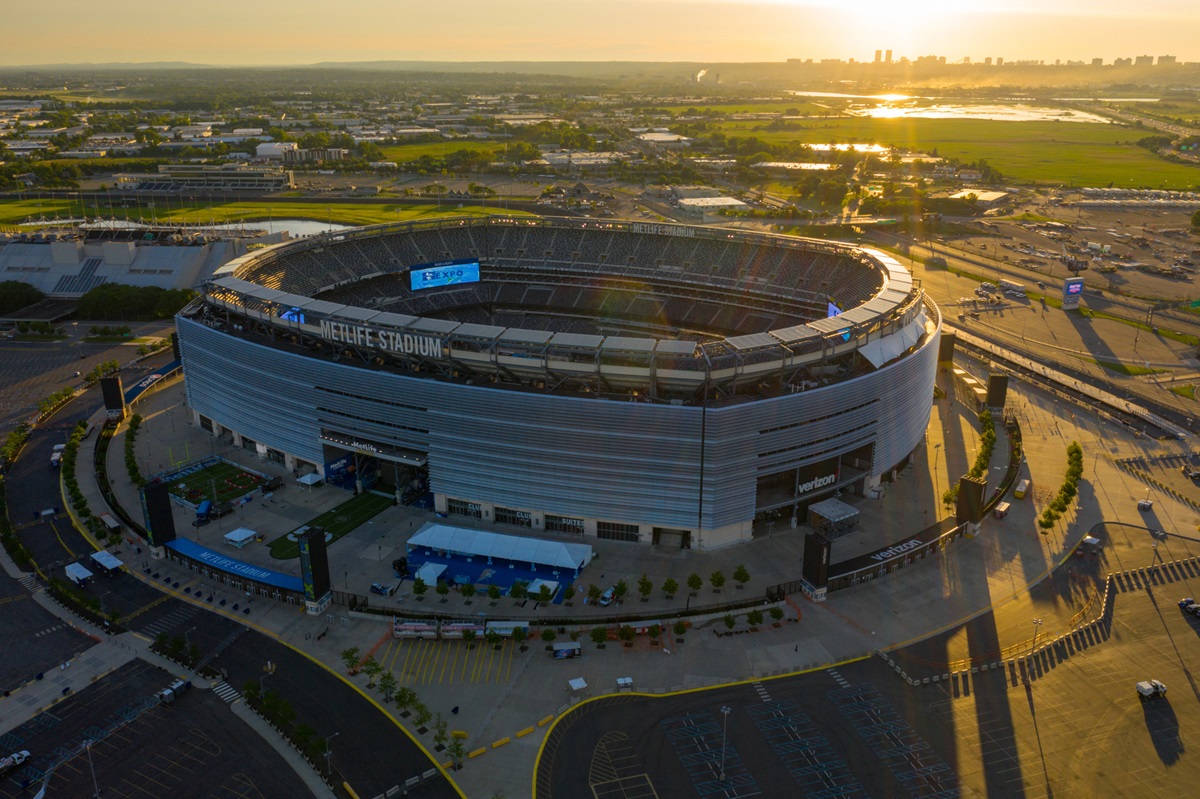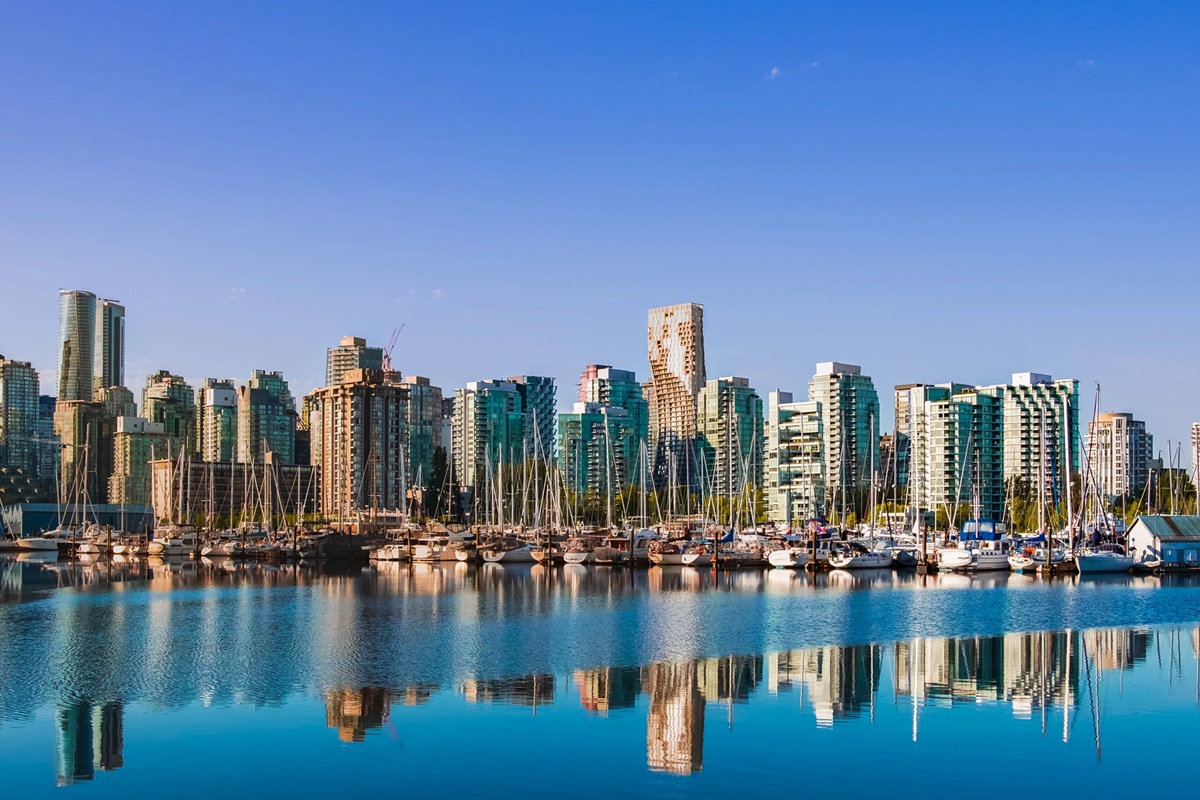When FIFA president Gianni Infantino handed Canadian Prime Minister Mark Carney a mock World Cup ticket in Ottawa last month, it was more than a symbolic gesture — it was a promise. For millions of Canadians, the idea of watching the men’s World Cup on home soil feels like a once-in-a-lifetime opportunity. Yet, as the second phase of ticket sales opens this November, excitement is mixed with frustration.
Fans are discovering that the “accessible entry point” of US $60 — the price FIFA highlighted when sales began — was little more than a mirage. In Vancouver and Toronto, those elusive Category 4 seats represent tiny slivers of stadium sections, almost impossible to find. Most available tickets are in the $400–$2,000 range, while hospitality packages reach dizzying heights of tens of thousands of dollars.
For a sport that has long prided itself on being “the people’s game,” many Canadian supporters are realizing that passion alone won’t get them through the turnstiles.
The lottery of hope
The demand was predictable but still staggering. Over 4.5 million fans from 216 countries entered FIFA’s initial presale lottery. In Canada, where the men’s national team will play its first-ever World Cup matches on home soil — June 12 in Toronto, followed by games in Vancouver on June 18 and 24 — tickets sold out faster than in almost any other host city.
For those who didn’t get lucky, FIFA’s “Early Ticket Draw,” open through October 31, offered renewed hope. Canadians will again enjoy an exclusive window to purchase seats for matches held in Toronto and Vancouver before the global sale begins on November 15. Up to 75 percent of the tickets in this second phase are reserved for residents of the three host nations — Canada, the U.S., and Mexico — in what FIFA calls a way of “thanking local fans.”
But even that gratitude comes with caveats. Winners of the lottery will be given timed access slots between November 12 and 15. There is no guarantee that tickets will still be available when their slot arrives. “It’s like waiting in line for a dream,” said one Toronto fan on social media. “Except the dream costs more than my monthly rent.”
Dynamic pricing, dynamic anxiety
For the first time in World Cup history, FIFA is using dynamic pricing, a model borrowed from airlines and concert promoters. Ticket prices fluctuate based on demand, location, and category, changing in real time as inventory shrinks. The approach is meant to “reflect the true market value,” but for ordinary fans, it feels more like a game of financial musical chairs.
Average group-stage prices have already settled around C$546 in Toronto and C$354 in Vancouver. Canada’s opening match at BMO Field — already historic — started at nearly C$500 and quickly soared on the resale market. By late October, Category 3 tickets originally priced near C$1,000 were reselling for over C$11,000 on FIFA’s official exchange platform.
The math is simple and brutal: the closer the seat to the pitch, the steeper the cost. Category 1 sections exceed C$2,400 for marquee games, while even upper-deck seats — once the refuge of budget-minded supporters — can run several hundred dollars.
Related content: How to Buy Tickets for the 2026 FIFA World Cup: The Ultimate Guide for Fans
Vancouver and Toronto: two cities, one fever
Both host cities have embraced the buildup with pride and impatience. Vancouver’s BC Place will host seven matches, including two involving Team Canada, while Toronto’s BMO Field will stage six, starting with the national team’s debut.
Yet the excitement has collided with economic reality. In both cities, cost of living is already among the highest in North America. The idea of paying more than a thousand dollars for a single match ticket feels unattainable for many.
A global spectacle, a local challenge
FIFA has sold more than one million tickets so far, with buyers from 212 countries. The tournament will feature 104 matches across 16 venues in North America, making it the largest in history. That scale means around 7.1 million seats to fill — but nobody outside FIFA knows exactly how many will reach the general public.
Canada’s allocation appears particularly tight, with relatively small stadium capacities compared to U.S. giants like AT&T Stadium in Dallas or MetLife Stadium in New Jersey. BC Place seats roughly 54,000 after World Cup modifications; BMO Field, even with temporary expansions, holds around 45,000. Limited supply plus enormous demand equals inflated prices.
The organization’s challenge will be maintaining a balance between revenue and inclusion. Dynamic pricing may boost short-term profits, but if Canadian fans feel priced out of their own World Cup, the legacy could suffer.
Visa worries and politics at play
Adding to the tension are logistical and political uncertainties. FIFA has warned buyers that owning a ticket does not guarantee entry to the host country, urging them to review visa rules.
This isn’t theoretical. Earlier this year, U.S. authorities tightened immigration restrictions, leading to cancellations and venue changes for international friendlies. Even defending champions Argentina, whose star Lionel Messi remains the tournament’s biggest draw, saw one match relocated because of visa delays.
While Canada and Mexico are expected to be more lenient, the cross-border nature of the 2026 World Cup makes travel planning complex. Fans dreaming of following their teams across venues may need to navigate a patchwork of entry rules, costs, and paperwork.
The resale trap and the illusion of choice
For many Canadians, the official resale market is the only remaining path — but it’s a treacherous one. FIFA’s own resale platform, designed to combat scalping, has done little to stop astronomical markups. Some tickets have already appeared at more than 20 times their face value. Third-party resale sites push prices even higher.
FIFA insists that dynamic pricing and official resale transparency will “maximize access.” In practice, it has created a system that rewards those who can pay first and punishes everyone else.
A celebration still worth chasing
Despite the headaches, the anticipation remains electric. When the World Cup trophy toured Vancouver in August, thousands lined up at Jack Poole Plaza just to glimpse it. For every disappointed fan holding a “rejection email” from FIFA, there are others refreshing their browsers, hoping the next lottery brings a miracle.
The tournament, running from June 11 to July 19, 2026, will mark Canada’s emergence as a true soccer nation. Vancouver and Toronto will showcase the country’s multicultural passion, its new generation of players, and a global event that transcends sport.
But the story of this World Cup won’t just be written on the field. It will also unfold in the stories of fans who tried — and often failed — to be part of it. Whether that narrative ends in celebration or resentment will depend on whether FIFA’s promise of inclusivity can match the price of admission.

